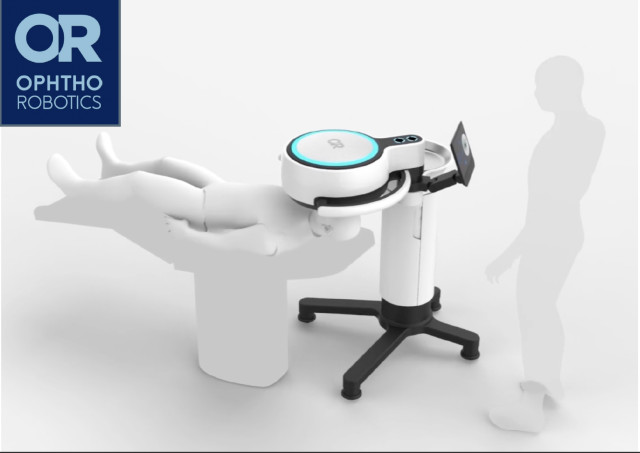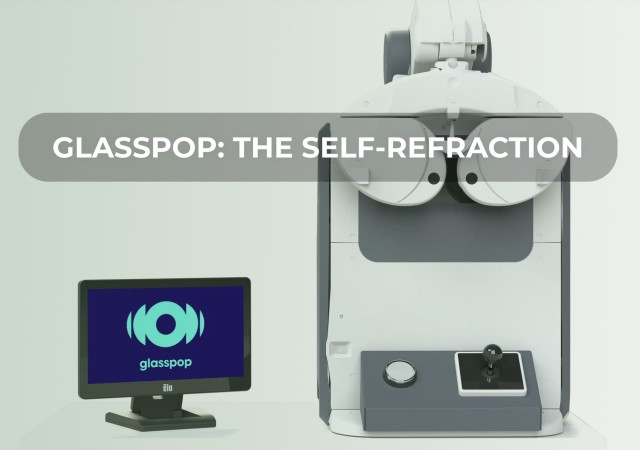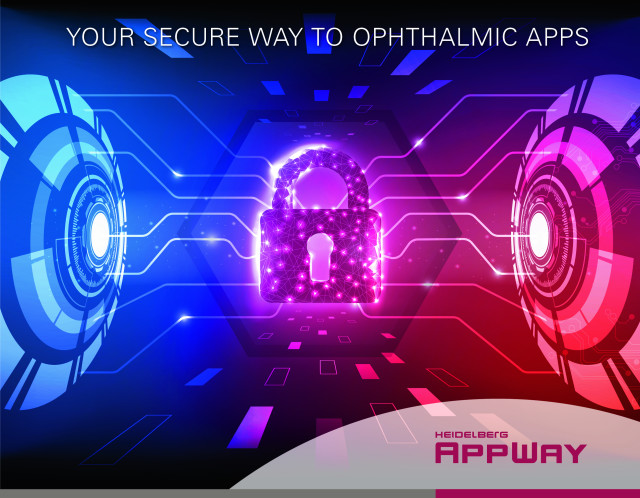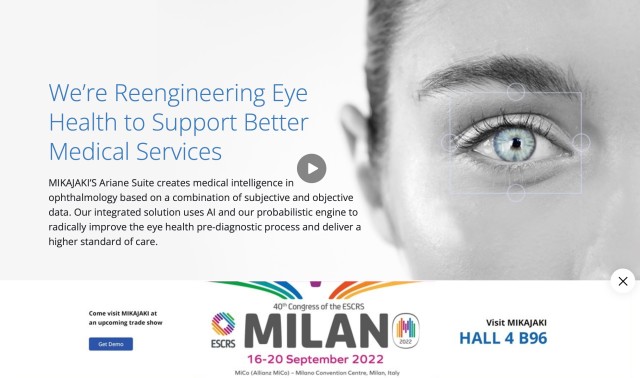Too many intravitreal injections? Swiss start-up Ophthorobotics is building a robot that will do it for you!
The demand for intravitreal injections of anti-VEGF agents, for example, is increasing with the aging of the population - in some countries to such an extent that it can no longer be covered by physicians. While in some countries the injections are now performed by medical assistants, in other countries these injections must be performed by physicians. The Swiss start-up Ophthorobotics is developing a robot that automatically performs intravitreal injections.








